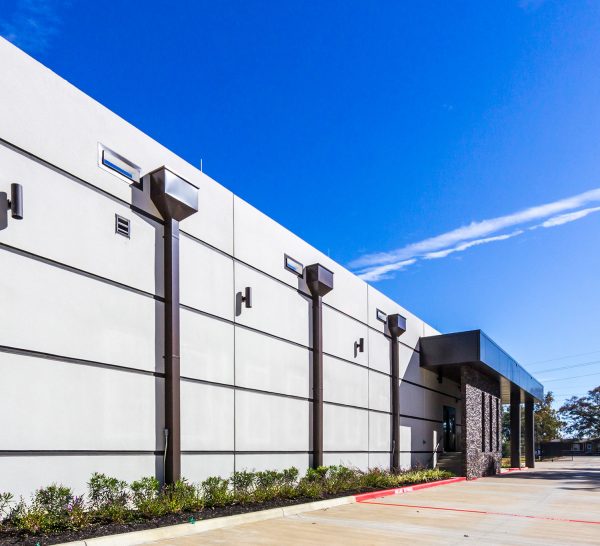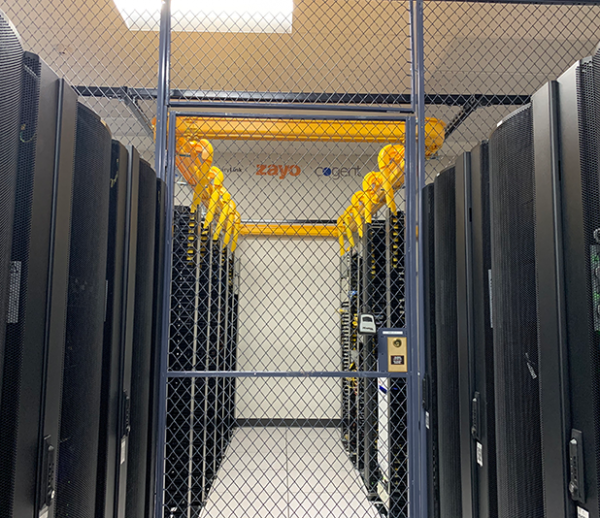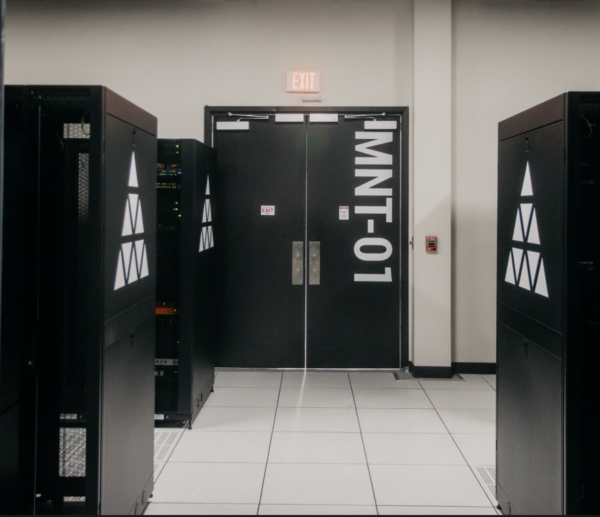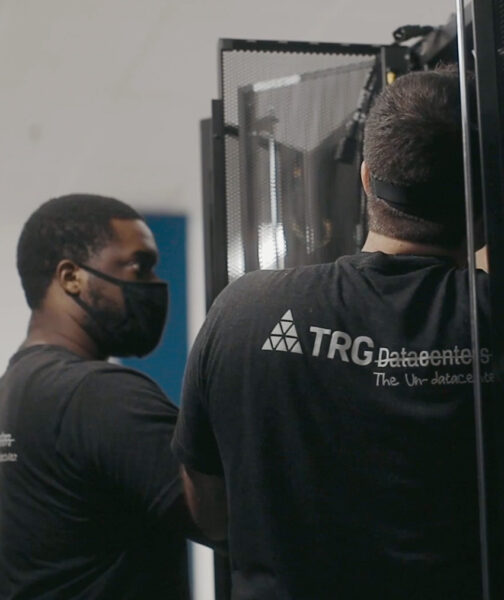VMware became the tech world’s hottest soap opera after its Broadcom acquisition in November 2023, and if your infrastructure relies on it, you’re likely caught in the drama. What’s your plan to tackle these challenges in 2025? Here’s a quick recap of the situation and some recommendations if you’re thinking about making a change.
Broadcom and VMware: A Turning Point in Cloud Infrastructure
When Broadcom finalized its $61 billion acquisition of VMware, it sent shockwaves through the cloud infrastructure world. VMware, long a trusted leader in virtualization and private cloud solutions, now faces an uncertain future under Broadcom’s cost-cutting, profit-driven management style.
This shift has left businesses—both enterprise-level and SMBs—scrambling to evaluate their reliance on VMware’s hypervisors, cloud licensing, and virtualization platforms. Questions like “Which is better than VMware?” or “What is the best alternative for VMware?” are now front and center in strategic planning sessions.
Concerns include skyrocketing licensing costs, declining support, and a potential slowdown in product innovation. This is particularly troubling for businesses deeply invested in VMware ESXi for hypervisor needs or organizations balancing cloud cost optimization with private cloud investments.
Why It Matters to Your Cloud Strategy
VMware’s tools, such as vSphere, vSAN, and NSX, have long been central to enterprise cloud infrastructure. They deliver the foundation for virtualization, enabling businesses to scale private cloud environments and optimize workloads.
But Broadcom’s track record leaves businesses asking tough questions. Will VMware prioritize its largest customers, leaving others in the dust? Will open-source or enterprise-focused VMware alternatives offer a better path forward? And for those considering cloud repatriation to reduce costs, does VMware’s platform still make sense for on-prem solutions?
This crossroads has fueled discussions about why some organizations might now prefer Hyper-V instead of VMware or explore other tools that compete directly with VMware.
Best VMware Alternatives to Consider in 2025
If VMware’s future feels shaky, you’re not stuck without options. A range of enterprise-ready, open-source, and Linux-based VMware alternatives are available to meet your needs for virtualization, cloud repatriation, and private cloud solutions. The best alternative depends on your priorities, whether it’s reducing costs, gaining flexibility, or ensuring long-term stability.
Microsoft Hyper-V
Microsoft Hyper-V is a logical choice for businesses tied into the Windows ecosystem. It’s a robust, cost-effective virtualization platform that integrates seamlessly with Azure for hybrid cloud setups. If you’re asking, “Why use Hyper-V instead of VMware?” the answer lies in its affordability and simplicity. For many organizations, Hyper-V is an enterprise-ready competitor to VMware that reduces licensing headaches and aligns well with cloud cost optimization goals.
OpenStack
For those who value flexibility, OpenStack is the best open-source VMware alternative. OpenStack thrives in private cloud environments where Linux-based systems dominate. Its active global community ensures ongoing innovation and support. While OpenStack requires skilled IT teams to implement and maintain, its cost savings and ability to scale make it a powerful choice for businesses exploring VMware alternatives in enterprise environments.
Nutanix
Nutanix delivers a hyper-converged infrastructure solution that simplifies private cloud management. By combining compute, storage, and networking into a unified platform, Nutanix is ideal for organizations seeking VMware alternatives without sacrificing functionality. Its ability to support multi-cloud strategies makes it a top contender for businesses navigating cloud repatriation or hybrid workloads.
Proxmox VE
Proxmox VE is a Linux-based, open-source platform for businesses looking for free or low-cost virtualization solutions. Its ease of use and broad feature set make it an attractive alternative to VMware ESXi, particularly for SMBs and smaller enterprises.
AWS Outposts and Kubernetes
If your focus is cloud-native applications or containerized workloads, AWS Outposts or Kubernetesmight be the answer. These tools shift the conversation away from traditional virtualization to modern solutions designed for scalability and automation. While not direct replacements for VMware, they are increasingly attractive for businesses looking to stay ahead of cloud infrastructure trends.
Xen Project
The Xen Project, another Linux-based option, is a lightweight hypervisor that supports both enterprise workloads and private cloud setups. It’s a strong choice for businesses focused on cloud licensing flexibility and open-source innovation.
What’s the Best Choice for You?
Choosing the best VMware alternative comes down to your goals. Are you looking to cut costs, simplify operations, or future-proof your cloud infrastructure? Each of the options above has strengths and weaknesses, but all provide a viable path for businesses reevaluating their virtualization and private cloud strategies.
If you’re wondering, “Who does VMware compete with?” the answer has never been broader. From Hyper-V and Nutanix to open-source platforms like OpenStack and Proxmox, there’s no shortage of alternatives tailored to modern enterprise needs.
Simplify Your Next Steps with Expert Partners
If VMware’s uncertainty is forcing you to rethink your cloud infrastructure, don’t navigate this alone. Our expert partners specialize in designing, building, and executing cloud strategies customized to your needs. Whether you’re evaluating VMware alternatives, transitioning to a hybrid setup, or tackling cloud repatriation, these professionals bring the hands-on expertise to make it happen.
For businesses sticking with private clouds, TRG Datacenters provides a fault-tolerant colocation environment that makes managing your infrastructure easier. Ship your hardware to us, and we’ll handle the rest—rack, stack, cable, and label. You can configure it yourself or let one of our managed service provider partners in Houston do the heavy lifting.
With free cross-connects, 24/7 remote hands, and flexible cloud cost optimization options, TRG Datacenters ensures your infrastructure is ready for whatever 2025 brings.
The Bottom Line – It’s Your Move!
Broadcom’s VMware acquisition has turned the cloud infrastructure world upside down. If your business relies on VMware, now is the time to assess your cloud strategy. Rising costs, licensing complexity, and reduced innovation don’t have to derail your plans.
From Hyper-V and OpenStack to Nutanix and other top VMware alternatives, there’s a better path forward for businesses looking to optimize their cloud environments. Don’t wait for the next round of price hikes or support cuts—get proactive with expert help and ensure your infrastructure is future-proof.
Take control of your cloud journey today. Whether you’re exploring new hypervisors, building a private cloud, or repatriating workloads, reach out to TRG Datacenters and our expert partners to secure a smarter, more reliable future.
Looking for colocation?
For an unparalleled colocation experience, trust our expert team with three generations of experience







